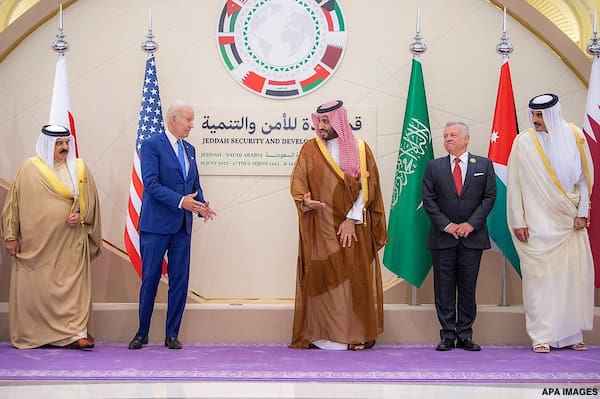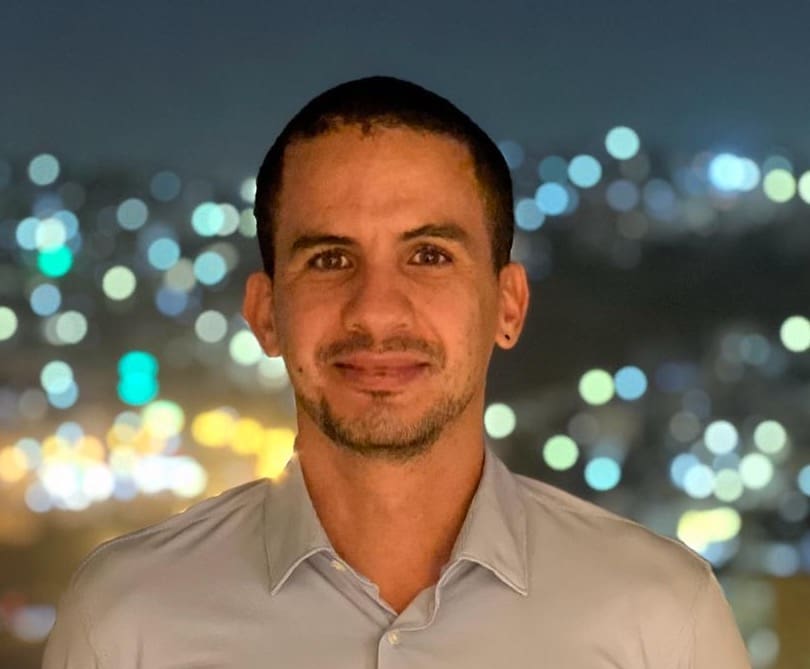
US President Joe Biden’s July 2022 visit to Israel and Saudi Arabia signified a new era of regional alliances that are inextricably linked to the expanding normalization deals heralded by the Abraham Accords. Indeed, the US appears more determined to buttress these authoritarian and apartheid regimes with military and technological superiority, particularly for future confrontations with Iran. What must Palestinians learn from these troubling regional developments? What can they and their allies in the Arab world do to ensure the viability of the Palestinian liberation movement?
Join Al-Shabaka’s commissioning editor, Nadim Bawalsa, for a discussion with Al-Shabaka policy analysts, Dana El Kurd and Amjad Iraqi, about these developing regional dynamics.
Nadim Bawalsa is Associate Editor with the Journal of Palestine Studies. From 2020-2023, Nadim served as Al-Shabaka’s commissioning editor. He is a historian of modern Palestine, and author of Transnational Palestine: Migration and the Right of Return before 1948 (Stanford University Press, 2022). His other work has appeared in the Jerusalem Quarterly, the Journal of Palestine Studies, NACLA Report on the Americas, and as well as in edited volumes. He earned a joint doctorate in History and Middle Eastern & Islamic Studies from New York University in 2017, and a Master’s in Arab Studies from Georgetown University’s Center for Contemporary Arab Studies in 2010. In 2019-2020, he was awarded a PARC-NEH fellowship in Palestine.
Al-Shabaka Member Dana El Kurd received her PhD in Government from The University of Texas at Austin. She specializes in Comparative Politics and International Relations. Her dissertation explores how international patrons affect authoritarian consolidation in the Palestinian territories. Dana writes regularly for publications such as Al-Araby al-Jadeed, The Washington Post’s Monkey Cage blog, and Foreign Affairs. She currently works as a researcher at the Arab Center for Research and Policy Studies and its sister institution, the Doha Institute for Graduate Studies.


















